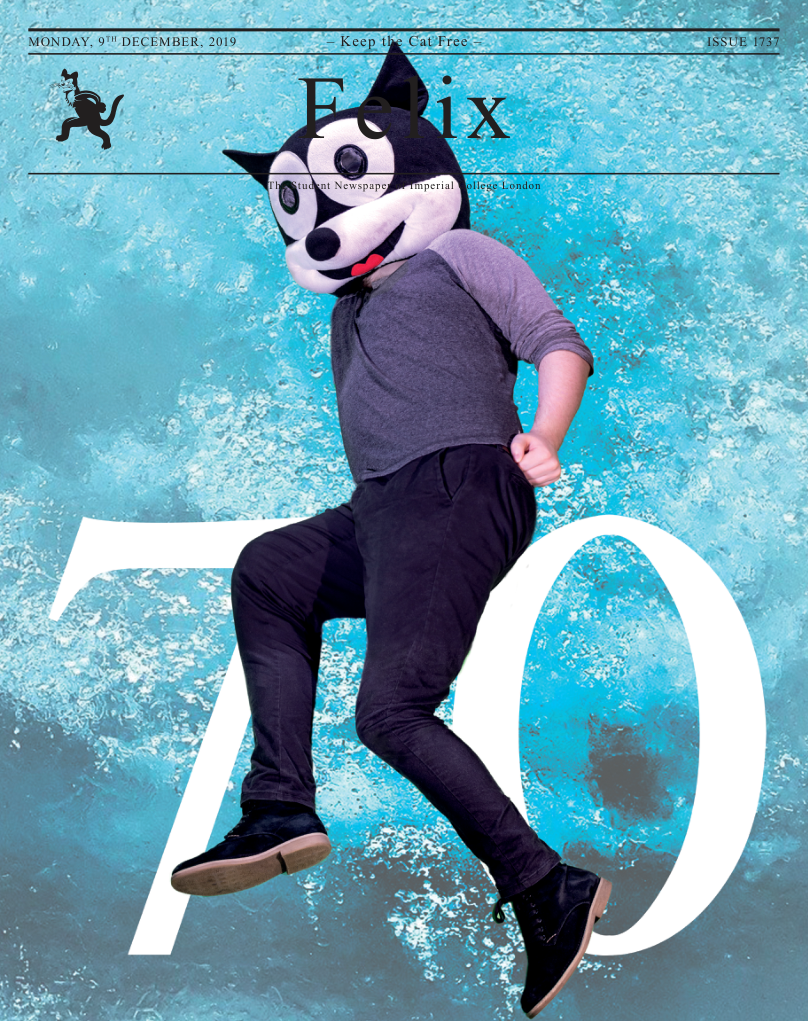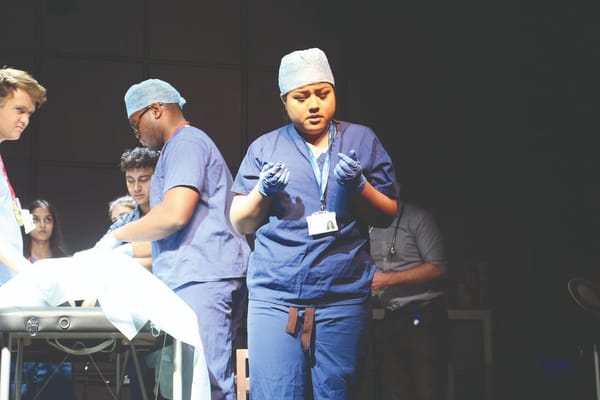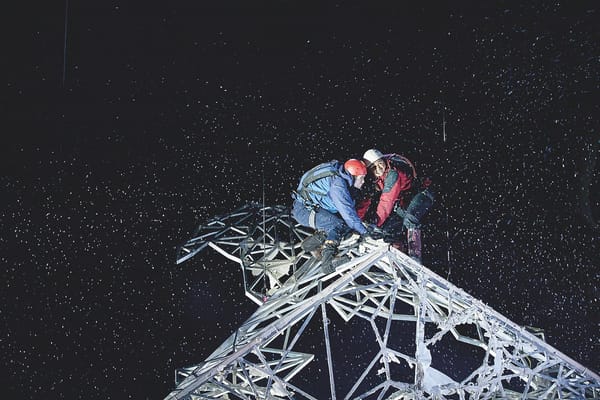The Arrival: Two Brothers Reunited
Olivier-award winning director Bijan Sheibani makes his playwriting debut with this thought-provoking examination of the gulf between nature and nurture

4 stars
Samad (Irfan Shamji) and Tom (Scott Karim) have lived very different lives. Different upbringings, different parents, different friends, different schools. Social, geographic and cultural barriers have divided them for over thirty years. But they have one thing in common, they are brothers, despite only meeting for the first time as adults. At first they think they aren’t so different but as they grow closer and try to integrate into each other’s lives, they both soon realise things aren’t going to be as simple as they had hoped.
Tom was adopted at birth, whilst Samad was raised by their biological parents. Tom tracked down his brother in the hopes of establishing the bond that he felt was missing his whole life. The pair are undoubtedly different - Tom is brash, enthusiastic and eager to feel a sense of belonging in the family he thought he didn’t have. But he is also alien and unfamiliar to Samad’s bookish, softer and more pampered middle class lifestyle - with his Cambridge degree and close-knit family unit. Samad, initially equally enthusiastic, starts to regress as their lives become more intertwined. He seems threatened by this new presence. What works at the start slowly starts to break down over the course of this pacy 70-minute play, and the cracks start to show as family secrets are uncovered.
Some things confused me - the backstory of why Tom was adopted was hinted at but never quite explained. However, the marvel of the play in itself along with the chemistry between Shamji and Karim made up for such discrepancies. Although I wanted more information, perhaps the cryptic writing by Sheibani was intentional - it made the audience really focus on the current actions and the beautifully raw performances of Shamji and Karim, who expertly revealed their vulnerability and pain.
What really stood out to me were the non-verbal, choreographed sections of the play. Special mention must go to the movement director, Aline David. Changes between scenes were filled with meaning as the brothers imitate, chase one another, dance, change clothes, battle. Samal Blak’s designed a very apt setting - a circular revolving stage that facilitates these scene changes. David often pits the brothers against each other, either facing inwards to each other or mimicking one another. I loved these moments; it gave a fluid feel to the whole performance, and often the actions spoke louder than the words.
This taut family drama provides a superb exposition of loyalty, discovery, loss, belonging, and betrayal. The price is reasonable for what you get, and the tickets are cheaper if you’re under 26. Delicate and complex in both the writing and performing, I commend all those involved and highly recommend this play.









